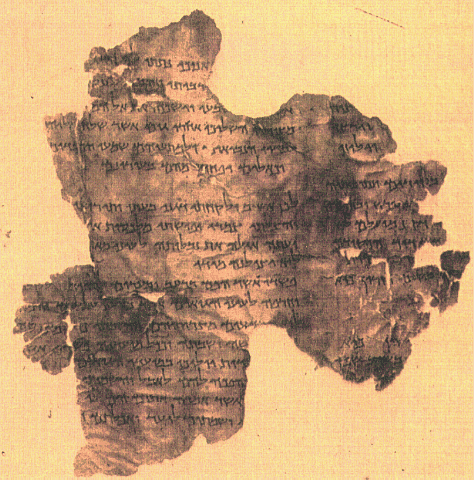Sermon Title:
Keep Your Eyes on Him
| |
You probably do not have the Flash Player installed for your browser!
|
|
|
| Hosea 9:13-17
(Part1) |
Hosea 9:14 (Part2) |
Hosea 9:15-17 (Part3) |
| Ezekiel 26:1-6 (Part1) |
Joshua 4:19-20
(Part2) |
1 John 1:9 (Part3) |
| Romans 12:1-2
(Part1) |
Joshua 5:10-15 (Part2) |
|
| Romans 12:2
(Part2) |
1 Samuel 10:8
(Part2) |
|
The ten northern tribes of
Israel, as a nation, came to a depressing and painful
finale. How could a nation that God chose
for Himself and loved so much, fall so far? They forgot
God, they no longer honored Him, but chose to do evil
before Him. They
were so depraved and evil that God says of them, “…I
will drive them out of My house! I will love them no
more;” If we are
serious about our relationship with God and we want our
nation to hold fast to God, then it is time for us to
stand for God.
We must focus on God and what He requires of us. We must
keep our eyes on Him and His precious Son Jesus Christ,
so that
we do not lose our way. |
| |
|
| Verses Referenced during the Sermon |
| Ezekiel Chapter
26-28
(Part1) |
Exodus 16
(Part2) |
Deuteronomy 28
(Part3) |
| Matthew
14:13-21 (Part2) |
Matthew 8:20
(Part2) |
|
| Matthew 7
(Part2) |
Romans 8:31
(Part2) |
|
| Exodus Chapter
11-12 (Part2) |
Matthew 28:20
(Part2) |
|
|
 |
Parchment - Copied late first
century B.C.E.
Height 17.5 cm (6 7/8 in.), length 16.8 cm (6 5/8 in.)
Courtesy of the Israel Antiquities Authority
Known as "The Hosea Commentary
Scroll" was first published by J. Allegro as the fifth
volume of the official publication series, "Discoveries
in the Judaean Desert." |
|
| |
| Traditional 12 Tribes Of Israel |
| Reuben |
Issachar |
Naphtali |
Benjamin |
| Simeon |
Zebulun |
Gad |
Joseph |
| Judah |
Dan |
Asher |
Levi |
|
| 12 Tribes (according to allotment of
land) |
| Reuben |
Issachar |
Naphtali |
Benjamin |
| Simeon |
Zebulun |
Gad |
Ephraim (Son of Joseph) |
| Judah |
Dan |
Asher |
Manasseh (Son of Joseph) |
Levites being priest
were not allocated land, except a number of cities located
within the territories of the other tribes.
(Joshua 14:3). Jacob elevated the descendants of Ephraim and
Manasseh (the two sons of Joseph by his Egyptian wife Asenath)
(Genesis 41:50) to the status of full tribes in their own right,
replacing the Tribe of Joseph (Joshua 14:4). |
Israel was divided during the reign of Rehoboam (son of Solomon
960s BCE). Israel (Northern Kingdom) rejected Rehoboam as their
king. Ten tribes formed the
Northern Kingdom: the tribes of Reuben, Issachar, Zebulun, Dan,
Naphtali, Gad, Asher, Ephraim,
Simeon and Manasseh. In addition, some
members of Tribe of Levi, who had no land allocation, were found
in the Northern Kingdom. The Tribes of Judah and Benjamin
remained loyal to Rehoboam, and formed the Kingdom of Judah (or
Southern Kingdom). Members of the Tribe of Levi, and the remnant
of the Tribe of Simeon was also part of the Southern Kingdom. |
| |
